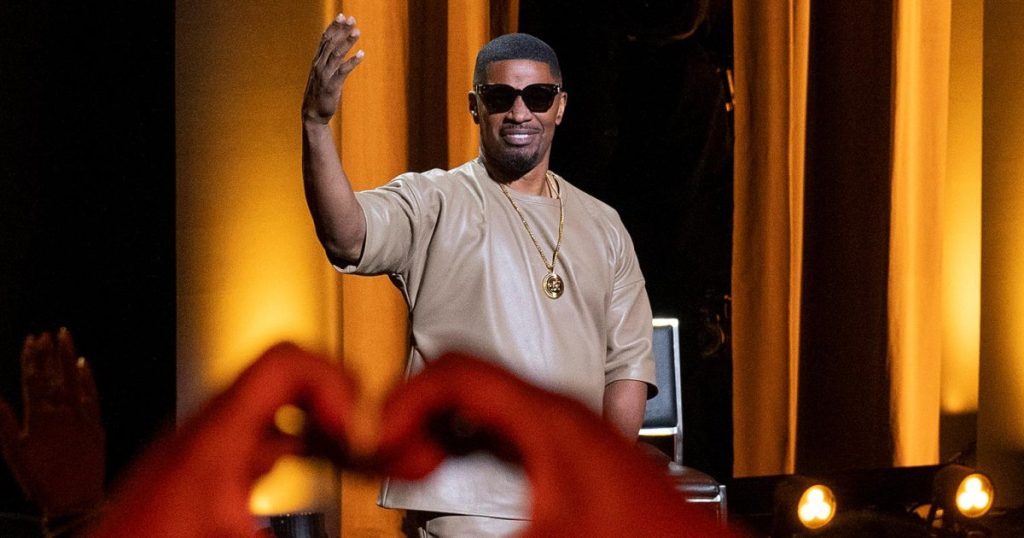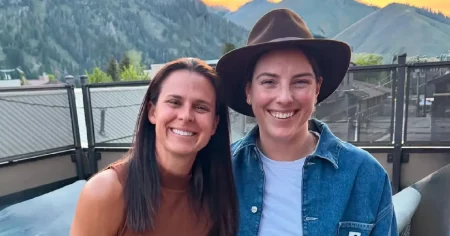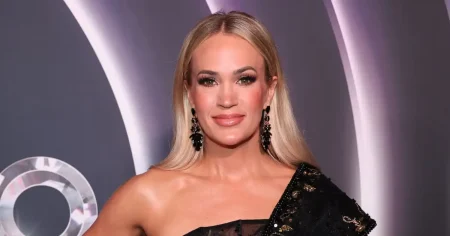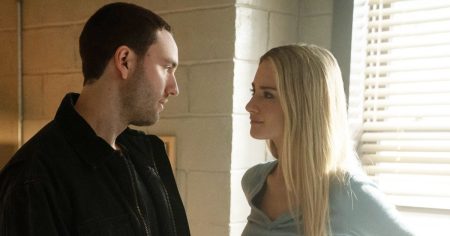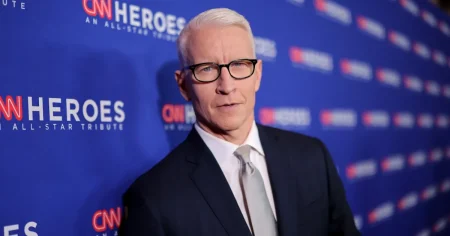Jamie Foxx, in his Netflix comedy special Jamie Foxx: What Had Happened Was, candidly addresses the health crisis that nearly claimed his life. Foxx reveals the ordeal began with a severe headache on April 11, 2023. Dismissed by the first doctor he saw, who simply prescribed cortisone and sent him home, Foxx’s condition rapidly deteriorated. It was his sister, Deidra Dixon, recognizing the severity of the situation, who intervened and rushed him to Piedmont Hospital in Atlanta. There, doctors diagnosed a brain bleed that had led to a stroke, requiring immediate surgery to save his life. Foxx recounts his experience, describing being unconscious for 20 days, a period he characterizes as "going to hell and back." He humorously notes the tunnel he envisioned during his unconsciousness, remarking on its heat and questioning his destination.
Upon awakening, Foxx faced the daunting reality of his stroke and the long road to recovery ahead. He admits to initially struggling with acceptance, rejecting the diagnosis and pushing away therapists. The comedian shares an emotional moment when, overwhelmed by recalling his ordeal, he acknowledges the profound impact the stroke had, stating, "That’s what it was, Atlanta. You finally got the story." His youngest daughter, Anelise, played a pivotal role in his recovery. Sneaking into his hospital room with her guitar, she played for her father, remarkably stabilizing his vital signs during his critical early days post-stroke. Foxx credits Anelise’s simple act of love and music as a miraculous turning point in his recovery.
Foxx’s family maintained a tight veil of secrecy around his condition, shielding him from the public eye. He explains this decision was twofold. Primarily, they wanted to protect him from the intense scrutiny and potential misinterpretations of his condition. Foxx’s daughter, Corinne, anticipated the possibility of his vulnerable state being exploited for memes, highlighting a specific concern in the age of social media. Secondly, Foxx himself preferred to keep the details private, wanting the public to remember him for his work as an entertainer, not for his illness. He expresses gratitude for his family’s fierce protectiveness during this challenging time.
The comedian’s recovery was arduous. He describes waking up in a wheelchair, initially rejecting the physical therapy crucial to regaining his strength and mobility. Foxx credits a therapist named Holly with finally breaking through his resistance, employing tough love to motivate him to engage in rehabilitation. He acknowledges the significant role Piedmont Hospital played in his healing, referring to it as the place where he was "put back together again." While acknowledging Atlanta’s role in saving his life, Foxx also satirizes the rumors surrounding his illness that proliferated online. He jokingly refers to the internet’s penchant for sensationalism, referencing false claims of paralysis and even implicating Diddy in his condition.
Foxx’s comedic approach to narrating his experience demonstrates his resilience and ability to find humor even in the darkest of circumstances. He weaves jokes throughout his retelling, from critiquing the first doctor’s inadequate response to his headache to poking fun at the outlandish internet rumors surrounding his illness. His humor acts as a coping mechanism and a testament to his spirit, allowing him to reclaim his narrative and connect with his audience through shared laughter. The special also serves as a platform for Foxx to express profound gratitude for the support system that carried him through the ordeal. He emphasizes the unwavering love and protection of his family, particularly highlighting the roles of his sister Deidra and his daughters, Corinne and Anelise.
In sharing his story, Foxx provides a glimpse into the emotional and physical toll of a stroke, while simultaneously offering a message of hope and resilience. He emphasizes the power of familial love and support, while acknowledging the challenges of navigating recovery in a world consumed by social media and its tendency toward speculation. Ultimately, Jamie Foxx: What Had Happened Was becomes more than a comedy special; it’s a testament to the human spirit’s ability to overcome adversity and find humor even in the face of life-altering events. The special showcases Foxx’s vulnerability, strength, and his unwavering connection to his family and his craft. His return to the stage symbolizes not only his personal triumph but also his enduring commitment to entertaining and connecting with his audience.




